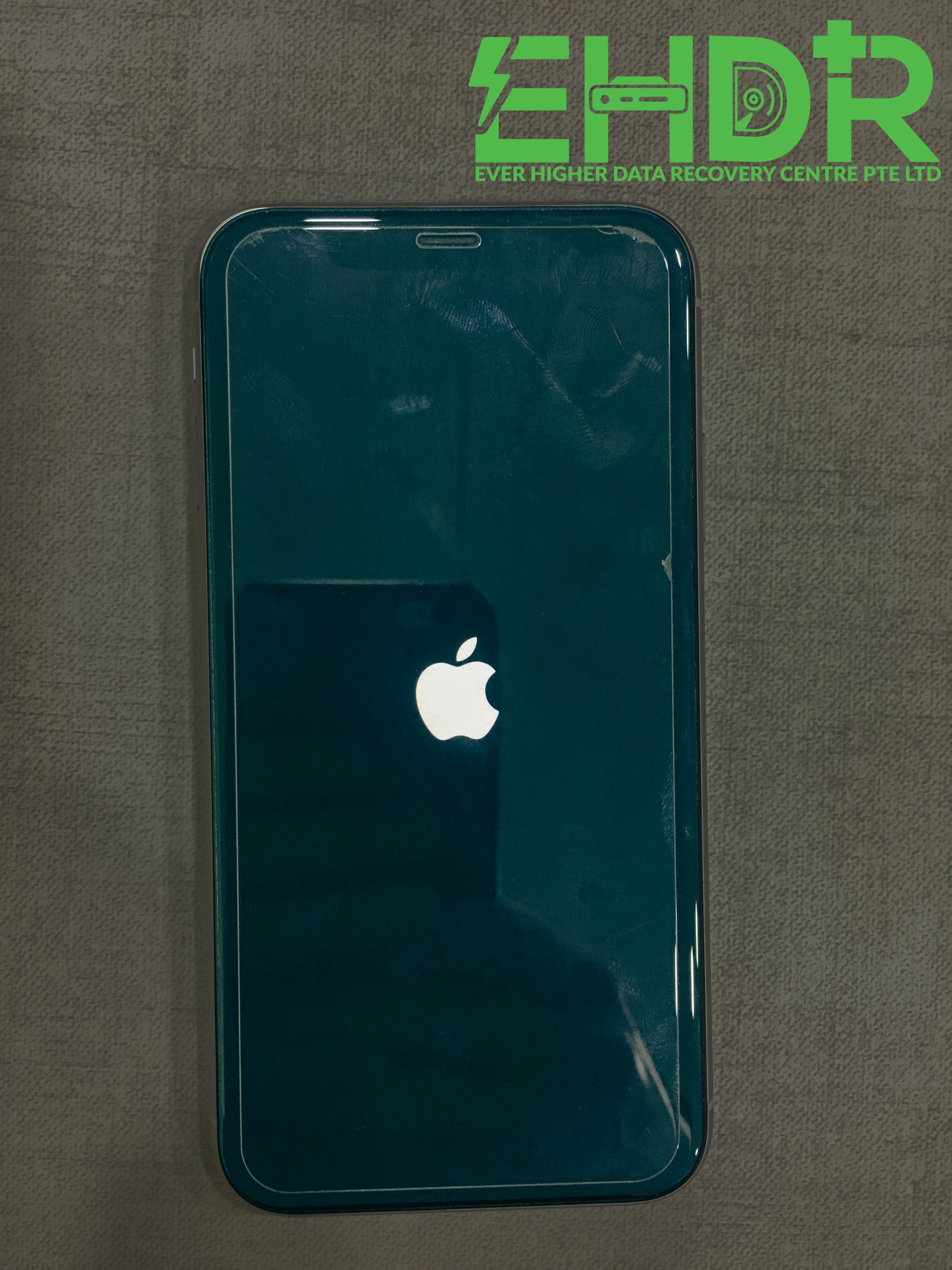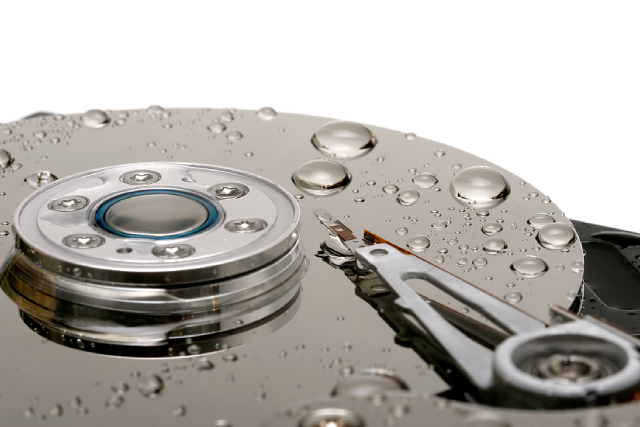In this digital age, our files, documents, and other important data now govern many aspects of our personal and professional lives. From the login credentials to our personal bank accounts to the digital keepsakes we keep of our loved ones, we store a myriad of irreplaceable things in our devices, yet rarely do we consider the possibility that they could be lost forever until it is too late.
If Murphy’s Law is to be believed, which states that anything that can go wrong will go wrong, this worst-case scenario could very well happen to your data at any given moment, be it due to an unexpected hardware failure, accidental deletion, phishing attack, or some other reason. So, to ensure you never have to experience the potentially catastrophic consequences of data loss, we go over the importance of regular backups and why it is your first line of defence against this modern-day mishap.
Why you need to get into the habit of backing up your data
The main reason you should back up your data regularly is to have a secure archive of all your important files, whether classified documents for your business or treasured photos of your family so that you can restore your device quickly and seamlessly in the event of data loss. Of course, while data recovery in Singapore can still save the day in the worst-case scenario, this option is more suited as a last resort.
A few statistics highlight the need for this habit to become mainstream. For starters, 20% of people have not backed up their files even once as of 2022. While the numbers might not seem much at first glance, things become more dire when you put in perspective how often data is lost.
- According to World Backup Day, 113 phones are stolen or lost every minute, while 30% of all personal computers used today are infected with malware.
- A University of Pittsburgh study states that 98% of stolen laptops are never returned to their rightful owner.
Hence, a data backup is the bedrock of your digital disaster recovery plan. By making backups of your files and devices, you are already one step ahead of keeping the effects of data loss to a minimum.
What data should you back up?
As a baseline, you should back up any file that can never be replaced once deleted. For most people, this might include:
- Photos and videos with sentimental value
- Critical email correspondence
- Family and work documents
- Financial databases or spreadsheets
For business organisations, data backup options become more technical as they involve backing up system configuration and registry files, customer databases, operating systems, and so on. This area is typically under the IT department’s purview as they know which assets need backups and how to prioritise the ones that need it most.
Best practices for backing up your data
1. Use a proven backup strategy
For most people, the 3-2-1 backup method will suffice to cover all their needs. This concept simply entails creating three copies of a given file or data, storing the first two in separate locations (online or otherwise) and the last in a fully remote storage solution.
Having three copies means you have two duplicates of every piece of data, ensuring recovery should the original be corrupted or one of the data backups get lost. Meanwhile, using two different storage methods means you do not put all your eggs in one basket and risk losing all your backups if one storage method fails. Lastly, setting aside one copy in off-site remote storage eliminates the risk associated with cyberattacks, local outages, and so on.
2. Back up regularly
The longer the time between your backups, the more data you might lose, hence the importance of backing up your data regularly. This is especially important for smartphones and other personal devices whose application data changes daily, making it one of the more difficult things to archive. So, if you use many apps, you will need a solution that has auto-updates to back up your data regularly and without manual intervention.
3. Always include physical copies in your backup plan
Do not underestimate the value of having physical copies of important files such as your home title, tax records, bank statements, and so on, in addition to any digital copies you have, as these are often the most valuable part of your backups. By having both physical and digital copies, you can rest assured that all your bases are covered.
Conclusion
With our modern-day lifestyles now highly reliant on the digital world, backing up one’s data should not be seen as a chore but a necessity that gives us peace of mind in knowing that our important and treasured information is safe against life’s unknowns.
Should the worst still come to pass despite following all these best practices, Ever Higher Data Recovery Centre (EHDR) is the partner you can trust to restore your important files. No matter where you kept your now lost data, our recovery experts have the knowledge and expertise to recover your irreplaceable digital assets. For more information about our data recovery services, such as hard disk repair in Singapore, feel free to check out our FAQ or contact us at any time.





